“Hunting is necessary to keep the deer herd at a healthy level,” Missouri Department Conservation wildlife biologist John Vogel tells SciJourner. “Without hunting, you could see a variety of effects ranging from a largely diseased deer herd to deer running all over the road and getting hit by vehicles.
Experts say that deer are a vital part of the ecosystem.
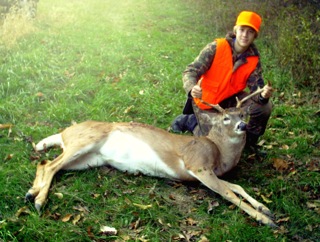 However, their vitality is balanced by their destructive force. As Vogel explains, “If a deer herd becomes too vastly populated, the chance for spreading diseases increases dramatically.” Along with the increased deer herd that would come with no hunting, deer diseases would be more common. “The most prevalent diseases in Missouri are the Blue Tongue disease and the Chronic Wasting Disease, both of which are fatal,” comments Vogel. “The insects that spread those diseases would have more hosts to prey on.”
However, their vitality is balanced by their destructive force. As Vogel explains, “If a deer herd becomes too vastly populated, the chance for spreading diseases increases dramatically.” Along with the increased deer herd that would come with no hunting, deer diseases would be more common. “The most prevalent diseases in Missouri are the Blue Tongue disease and the Chronic Wasting Disease, both of which are fatal,” comments Vogel. “The insects that spread those diseases would have more hosts to prey on.”
“A good density of deer that would be able to withstand such a disease infestation would be about 25 deer per square acre,” Missouri Regional Wildlife Supervisor Joel Porath explains. “About 300,000 deer are killed annually by hunters in Missouri. If hunting was eliminated, you would have about 300,000 more deer crossing the roads, making the chances for [a car] hitting a deer go up dramatically.”
Deer hunting also represents a large amount of money that goes into the economy each year. As Vogel points out, “There is more than $1,000,000 that hunters spend in Missouri. That ranges in everything from equipment, to clothing, to gas, to food, and even lodging”.
“In the entire United States,” Porath adds, “the total amounts in the billions, and without it, many businesses wouldn’t see a rise in consumer spending from about the middle of October on.”
Another positive impact that hunting has on the economy is through Share the Harvest. It is a program through which hunters donate their kill to food pantries. The meat processors that participate in Share the Harvest are US Department of Agriculture inspected, insuring that the meat is properly handled. “In 2007, 320,000 pounds of venison were donated in Missouri alone,” John Vogel explains, “That is nearly 800,000 meals for needy families.”
“If hunting was banned, several events would occur,” says Vogel. “The population would be able to sustain itself for a while. The reproduction would increase, as would the population. Eventually the habitat would lose a large amount of underbrush due to the deer eating it all. The animals, which required that type of vegetation to live, would end up being very scarce. The forest would have a low diversity of vegetation due to only mature trees not being eaten. In the end a lack of food and the high possibility of an epidemic of diseases would be the demise of the deer herd.”

This work is licensed under a Creative Commons Attribution-NonCommercial-NoDerivs 3.0 Unported License.


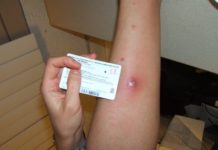
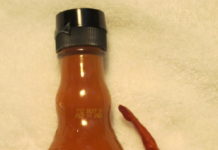


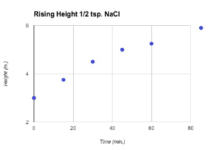
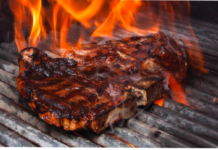






way to go Brandon. It looks awesome
Excellent article, very informative and well-written!
This is an interesting article. It got me wondering more about CWD. Perhaps that will be the subject of your next article!
Great, balanced perspective on the issue of deer management.
:smile
Very interesting and I liked the info from the Dept of Conservation!
Like the article.
This article is very interesting and the title even grabbed my attention. I like the was that the author included a picture of a dear and also i liked the topic because it makes me feel less guilty wheni go hunting:smile
I really like this article. It doesn’t make me feel so guilty when I go hunting. The title grabbed my attention and I also really like the picture that was included. :smile
like the artical
Really like your bold perspectives, i agree completely :good